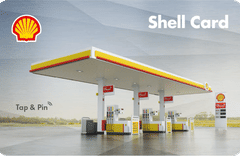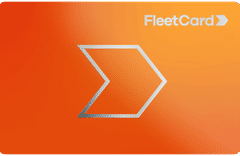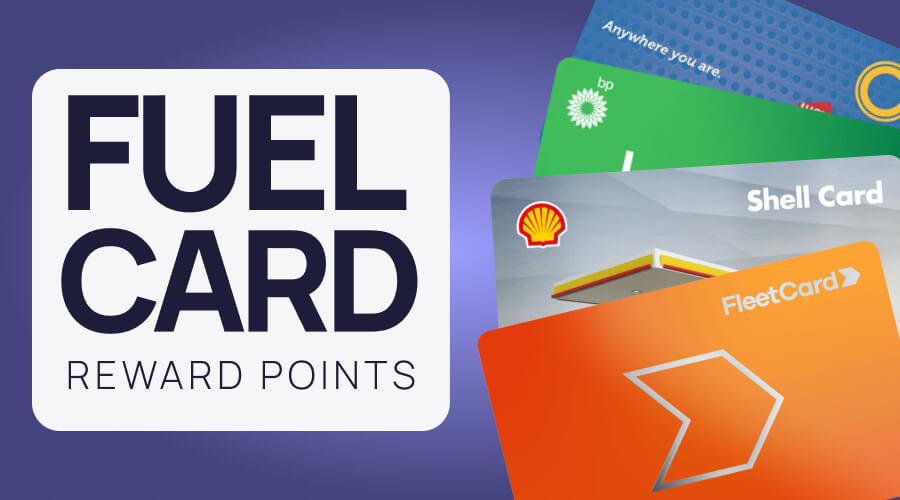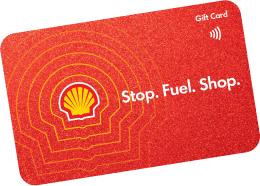Fuel cards used to be simple payment tools, but now they can earn you airline points, supermarket rewards, and real travel perks. The best value depends on how much fuel you buy, where you fill up, and what you redeem your points for. Let’s look at how the main cards stack up and who each one suits best.
Comparing the Major Reward Programs
| Fuel Card | Loyalty Program | Earn Rate | Typical Point Value | Key Perks | 2025 Bonus Offer |
| BP Plus | Qantas Business Rewards | 1 pt / 2L regular or 1 pt / L Ultimate | 1.8–12c per point | Flights, upgrades, gift cards | 6c/L off + up to 75,000 bonus Qantas Points |
| FleetCard | Velocity Frequent Flyer | 1 pt / L on eligible fuel | 1.7–4c per point | Accepted at 90% of fuel sites | Up to 110,000 bonus Velocity Points in first year |
| AmpolCard | Everyday Rewards (convertible to Qantas) | 1 pt / $1 spent + 4c/L discount | 0.9–6c per point | Stack with Woolworths spend | Ongoing 4c/L off + Everyday Rewards offers |
| Shell Card | Flybuys (convertible to Velocity) | 1 pt / $2 base or 8 pt/L via app offers | 0.8–2c per point | Choose 4c/L off or 8pt/L | Ongoing Flybuys digital fuel offers |
| 7-Eleven Fuel Pass | Velocity Frequent Flyer | 1 pt / L regular, 2 pt / L premium | 1.7–4c per point | Fuel Price Lock app, metro coverage | 250 bonus Velocity Points on first purchase |
The History of Fuel Card & Rewards in Australia
Fuel cards first appeared in Australia in the 1980s as tools for fleet payment and expense control. Companies like Shell, BP, and Caltex issued their own cards to help businesses manage fuel costs and driver spending. At this stage, there were no points or perks, just simpler billing and consolidated reporting.
The early 2000s marked the start of fuel-based loyalty. Woolworths introduced the first supermarket-linked 4c-per-litre discount, quickly matched by Coles and Shell in 2003. This created the supermarket fuel war and made docket-based discounts a standard part of everyday shopping.
By the mid-to-late 2000s, rewards shifted from instant fuel discounts to flexible points. Everyday Rewards launched in 2008, linking Woolworths and Caltex/Ampol customers to points that could convert to Qantas. The next major leap came in 2015, when BP partnered with Velocity Frequent Flyer, followed by the introduction of Qantas Business Rewards for BP Plus customers. These partnerships transformed fuel cards from basic business tools into multi-layered loyalty programs that combine discounts, airline points, and business benefits.
Case Study: Which Fuel Card Delivers the Most Value?
A small electrical business drives 15,000 litres in six months, spending about $31,500 on fuel and shop purchases.
| Card | Points Earned | Approx. Redemption Value | Combined Savings (discounts + points) |
| BP Plus | ~15,000 Qantas Points + 75,000 bonus | $1,350–$1,500 (flights) | ~8–10c/L effective value |
| FleetCard Rewards⁺ | ~15,000 + 110,000 bonus Velocity Points | $1,800–$2,000 (premium flights) | ~9–11c/L effective value |
| AmpolCard | ~31,500 Everyday Rewards Points | $600–$800 (converted to Qantas) | ~5–6c/L effective value |
| Shell Card | ~8,000 Flybuys Points | $80–$150 (gift cards or Velocity) | ~2–3c/L effective value |
| 7-Eleven Fuel Pass | ~30,000 Velocity Points | $500–$700 (flights) | ~4–5c/L effective value |
FleetCard Rewards⁺ currently provides the best first-year return thanks to its large Velocity bonus on sign-up.
Over the long term, BP Plus stands out for Qantas Business Rewards integration and the higher value of Qantas Points when redeemed for flights or upgrades.
Best Fuel Card for Points by Business Type
- Frequent flyers: BP Plus with Qantas Business Rewards for premium flight redemptions and high per-point value.
- Mixed-brand fleets: FleetCard Rewards⁺ for broad acceptance and large Velocity bonuses.
- Everyday spenders: AmpolCard for consistent 4c/L discounts and flexible Everyday Rewards points.
- Coles shoppers: Shell Card for Flybuys integration and simple app-based offers.
- Metro drivers: 7-Eleven Fuel Pass for Velocity Points, premium fuel bonuses, and Price Lock convenience.
The Best Value Award Goes to…
The best value often comes from who’s running the strongest bonus/sign-up offer, not just the base earn rate.
If you want the biggest short-term payoff, FleetCard (Velocity) offers the highest bonus potential as of October 2025. If your goal is long-term travel value, BP Plus (Qantas) is the best overall rewards program.
For steady everyday savings without airline loyalty, AmpolCard provides the simplest path to ongoing value. Shell Card and 7-Eleven Fuel Pass remain strong niche options for Coles or metro drivers who prefer Flybuys or Velocity.
Looking for a Fuel Card? Find Your Best Fit
Use our fuel card comparison and eligibility checker to see which programs you qualify for and how much you could save through discounts or reward redemptions. Compare offers, check your eligibility in minutes, and find the fuel card that best matches your business.
Enquire to save
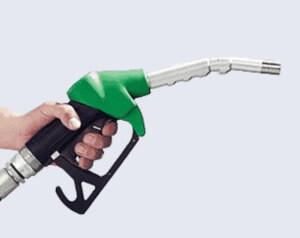
FAQs
What’s the difference between a fuel discount and a points reward?
Fuel discounts give you instant savings at the pump, while reward points build long-term value you can redeem for flights or shopping. Discounts help with cash flow, but points often deliver higher returns when used strategically, especially through Qantas or Velocity frequent flyer programs.
Who gets the points?
Points normally go to the account holder, not the individual driver. For sole traders or managers with cards in their own names, rewards can link directly to personal loyalty accounts.
In larger fleets, points are credited to the company’s business loyalty account (for example, Qantas Business Rewards or Velocity Business Flyer). Employees only receive personal points if the card setup specifies this from the start.
Do points ever expire?
Most business-linked reward points don’t expire as long as your account stays active. However, personal loyalty programs like Qantas or Velocity may cancel points after long periods of inactivity, so it’s worth making a qualifying purchase or redemption at least once every 18 months.
Can you combine a personal loyalty account with a business fuel card?
Yes, but only if the card is issued in your name and linked to your personal loyalty ID from the start. Sole traders often set this up so points go directly to their Qantas or Velocity account. In larger companies, the points usually feed into the central business rewards account.
Are fuel card rewards better for individuals or businesses?
Businesses tend to benefit more because of higher fuel volumes and consolidated billing. However, sole traders and managers can also gain significant value if their cards are personally linked. The key is ensuring the rewards program aligns with who actually pays the account each month.
Can you redeem fuel card points for things other than travel?
While flights and upgrades give the highest return, programs like Everyday Rewards and Flybuys also allow redemptions for supermarket vouchers, retail gift cards, or merchandise. Just note that travel redemptions typically offer two to five times more value per point.

